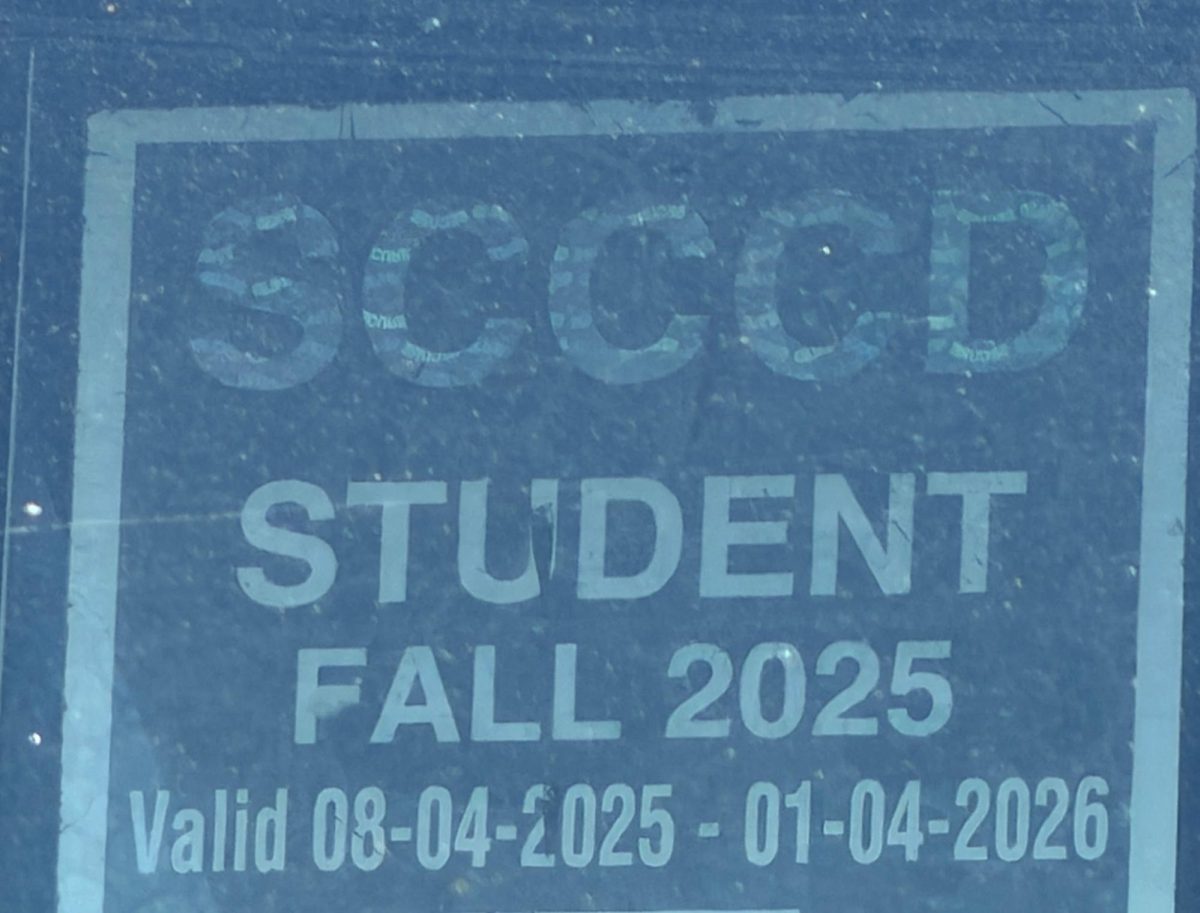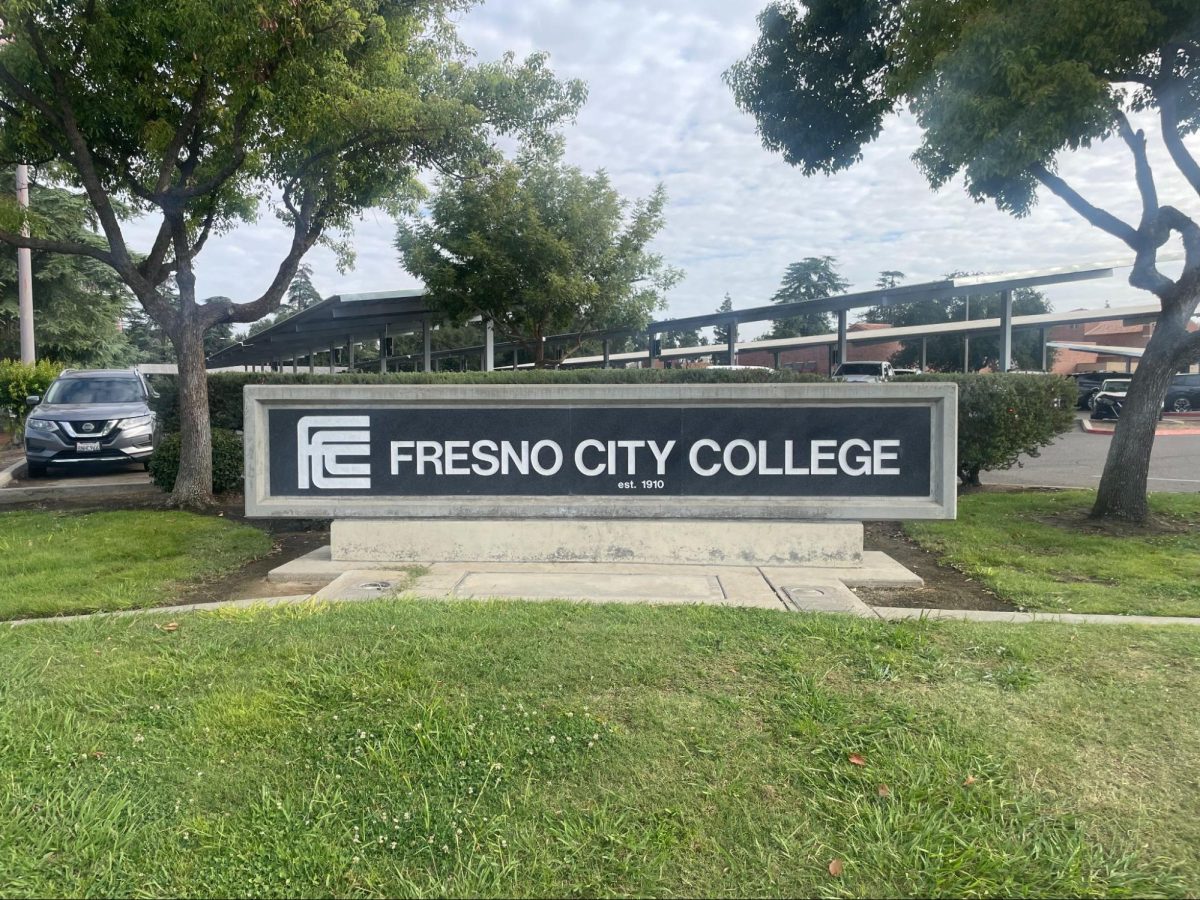This semester, six classes on the schedule of the music department at Fresno City College were cancelled simply because too few students were enrolled in them. Unfortunately, the music department is not the only one to suffer cuts. According to Christopher Boltz, chair of theatre arts and dance, the number of dance courses offered at FCC has dwindled from 45 in the 2008-2009 school year to “about 25” this school year.
There is nothing to suggest anything sinister in the cancellation of these classes. In fact, Boltz stated, “As much as I would like to complain that the arts were singled out, that has not been the case … As much as I would like to blame our administration for not supporting the arts, it would not be true.”
Regardless of motives, canceling arts classes based solely on enrollment numbers disregards the uniqueness of artistic fields. These are classes that, by nature, do not draw a large number of students. Just because the students who take specialized arts classes are a minority at FCC does not mean that their needs should go unmet.
It is understandable that budget constraints lead our college administrators to institute enrollment policies and strive for efficiency in all departments. Efficient courses are those in which an instructor interacts with the greatest number of students possible, so a class with 35 students is considered more efficient than a class with 10 students.
However, it must also be recognized that the needs and goals of the 10 students in a small class are just as important as anyone else’s.
Canceling classes in the fine arts simply because they do not meet enrollment criteria robs students of the chance to refine their skills, pursue their goals and contribute to the culture of our campus.
Just as only a small number of students are selected for the Honors Program or a school athletic team, so are only a few able to reach a high level of artistic ability, theatrical skill, dance technique or musicianship.
When much needed classes are canceled, the students, especially those in the major, are denied the opportunity to fulfill their dreams or complete the academic programs of their choice at FCC. Even more important, the college contradicts its own mission of “engaging our students in achieving their educational goals.”
And what of students who are pursuing degrees in the fine arts? Should they accept it as “the way things work” as classes they need to graduate are cancelled? Should they be satisfied with making-do, or delaying their graduation? Absolutely not.
They must question why their core curriculum is constantly in danger while every fall and spring semesters, students in fields such as business administration enjoy a choice of multiple sections for every class they need to graduate.
How is this helping to create a college environment that encourages students to pursue their goals? Yes, business administration attracts far more students than music does. In fact, information from the Management Information Systems Data Mart of the California Community Colleges Chancellor’s Office does show that more students obtain degrees and certificates in the areas of business and management than they do in the fine and applied arts.
This same data, though, also shows that the number of students who pursue degrees and certificates in the fine and applied arts is steadily growing.
Between 1992 and the present, there has been a consistent increase in the number of degrees and certificates awarded in the fine and applied arts. The 2011-2012 school year witnessed the highest number of awards recorded in 21 years.
This is very encouraging news, but seems to have no effect on the present situation at FCC.
Art, music, dance and drama are the showcase programs at FCC. They engage the larger community and raise the visibility of the college beyond its boundaries. And is that not what it means to be a “community” college?
Only when we allow programs in the arts to thrive can we as a college prosper; only when we allow every student an equal opportunity to pursue their goals, regardless of how efficient or popular those goals may be, can we live up to our own mission and potential as the premier community college in California.










